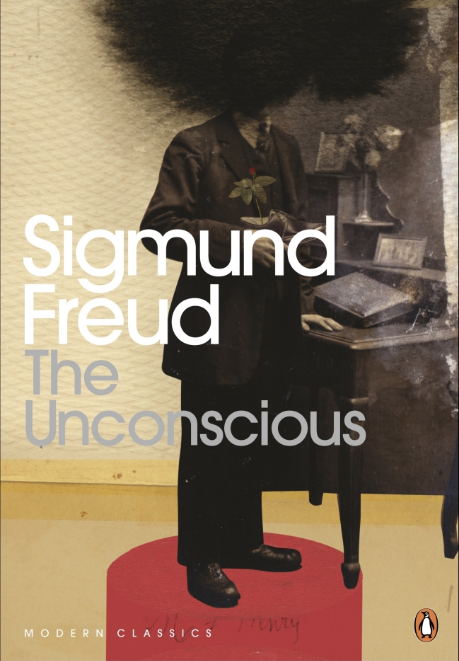Freud’s basic idea about the unconscious is that it is being actively kept out of consciousness.
He often described this in terms of censorship, to which Viennese newspapers were subject during the First World War:
Take up any political newspaper and you will find that here and there the text is absent and in its place nothing except the white paper is to be seen. In these empty places there was something that displeased the higher censorship authorities and for that reason it was removed – a pity, you feel, since no doubt it was the most interesting thing in the paper – the ‘best bit’.
In a similar way, Freud posited that ideas passing from the unconscious into the preconscious are subjected to a kind of censorship. Certain thoughts – such as ********, ******, or ****ing one’s ******* – are deemed unacceptable and refused admission.
The censorship analogy allowed Freud to emphasise that repression never really succeeds in blocking out the unacceptable ideas:
A writer finds himself compelled to conceal his objectionable pronouncement beneath some apparently innocent disguise: for instance, he may describe a dispute between two Mandarins in the Middle Kingdom, when the people he really had in mind are officials in his own country.
In the same way, ideas that are unacceptable to consciousness find a way of getting around censorship and asserting themselves in distorted forms that have no apparent connection to the repressed idea.
As the psychoanalyst Jacques Lacan put it:
The unconscious is the chapter of my history that is marked by a blank or occupied by a lie: it is the censored chapter. But the truth can be refound; most often it has already been written elsewhere.
Just as newspaper censorship can do more harm than good, often serving only to highlight the very idea that it tries to block out, Freud observed that the censorship imposed on the unconscious often has the result of opening up a pathway for unconscious ideas to re-emerge.
Discover more:

Previous chapter
What is the Unconscious?
The unconscious has become a widely used term, but Freud meant something quite specific.

Next chapter
Where do we find the unconscious?
Freud didn’t arrive at the unconscious through intuition.
